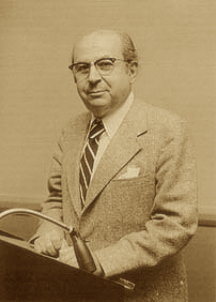Main critic of economic theory from the point of view of thermodynamics. He developed, although left unfinished, the bioeconomic theory. His legacy provides the scientific foundation for ecological economics, and the inspiration for the various zero-growth, strategic retreat or degrowth movements.
The Entropy Law and the Economic Process
The central theme of this book is that the economic process, instead of being a mechanical analogue as traditionally represented in mathematical economics, is an entropic process.
In the ultimate analysis man struggles for low entropy (energy available to do work), and economic scarcity is the reflection of the Entropy Law, which is the most economic in nature of all natural laws. Thermodynamics itself is presented by the author as the physics of economic value and man’s economic activity is in fact an extension and a complement of man’s biological evolution. A complement where man use exosomatic organs, i.e., organs with which he is not endowed biologically but which have evolved through a process of mutation, selection, and diffusion similar to that of biological evolution. For wherever there is evolution, the author argues, there is the work of the Entropy Law with its irrevocable qualitative change. The tight-knit excursus ends with an analysis of some general economic issues, from that of the analytical representation of a process to that of social conflict. The author argues that, because of the very nature of exosomatic evolution, the social conflict will last under any regime as long as there is a human society.
